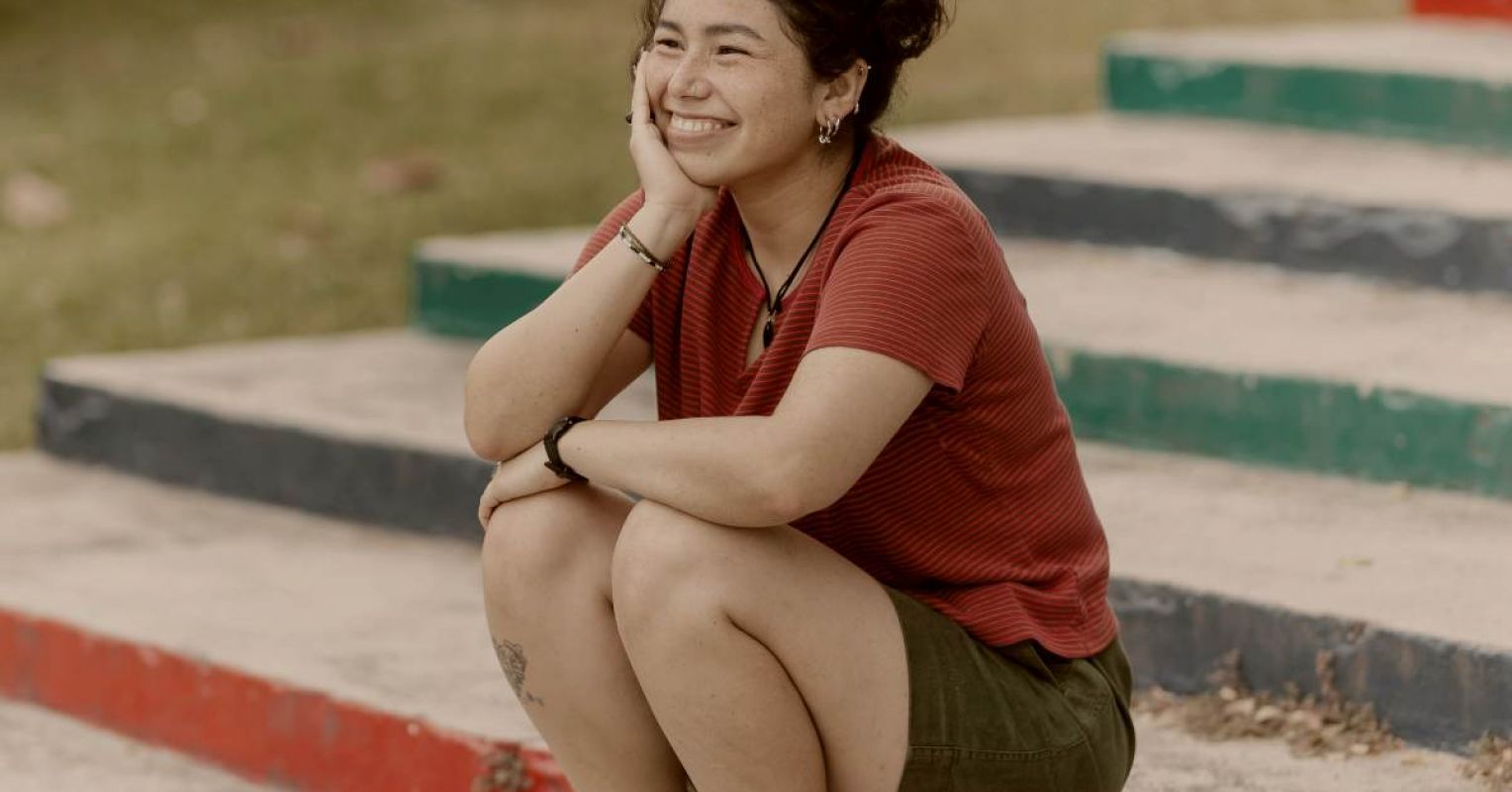
"This tells us the opposite story from what's being peddled to us today. Well-being might only take root in a lack of comfort, through the deliberate act of making space for what matters. But here's the problem: we live in a culture that sells ease as the highest good. Faster shipping, one-click purchases and all such digital shortcuts are serving the same end of smoothening the harsh edges of daily life."
"The study, therefore, comes bearing a warning for our AI-powered lives: the more convenient our lives become, the less content many of us actually feel. The good news is, it also comes bearing solutions, suggesting that the route to happiness may lie not in streamlining everything, but in consciously choosing a little inconvenience. This isn't about austerity or giving everything up. It's about deciding that "enough" can feel better than "more.""
Voluntary simplicity means deliberately consuming less and relying more on personal skills. A sample of New Zealand consumers who chose simpler lives reported greater happiness and a stronger sense of purpose. Modern culture elevates ease through faster shipping, one-click purchases and digital shortcuts that smooth daily life. Increasing convenience can reduce contentment for many people. Choosing small inconveniences and limiting consumption can foster well-being by creating space for connection, growth and meaning. Voluntary simplicity does not require austerity; choosing 'enough' over 'more' often redirects time and energy toward more meaningful activities. Practical changes include simplifying social media feeds.
Read at Psychology Today
Unable to calculate read time
Collection
[
|
...
]